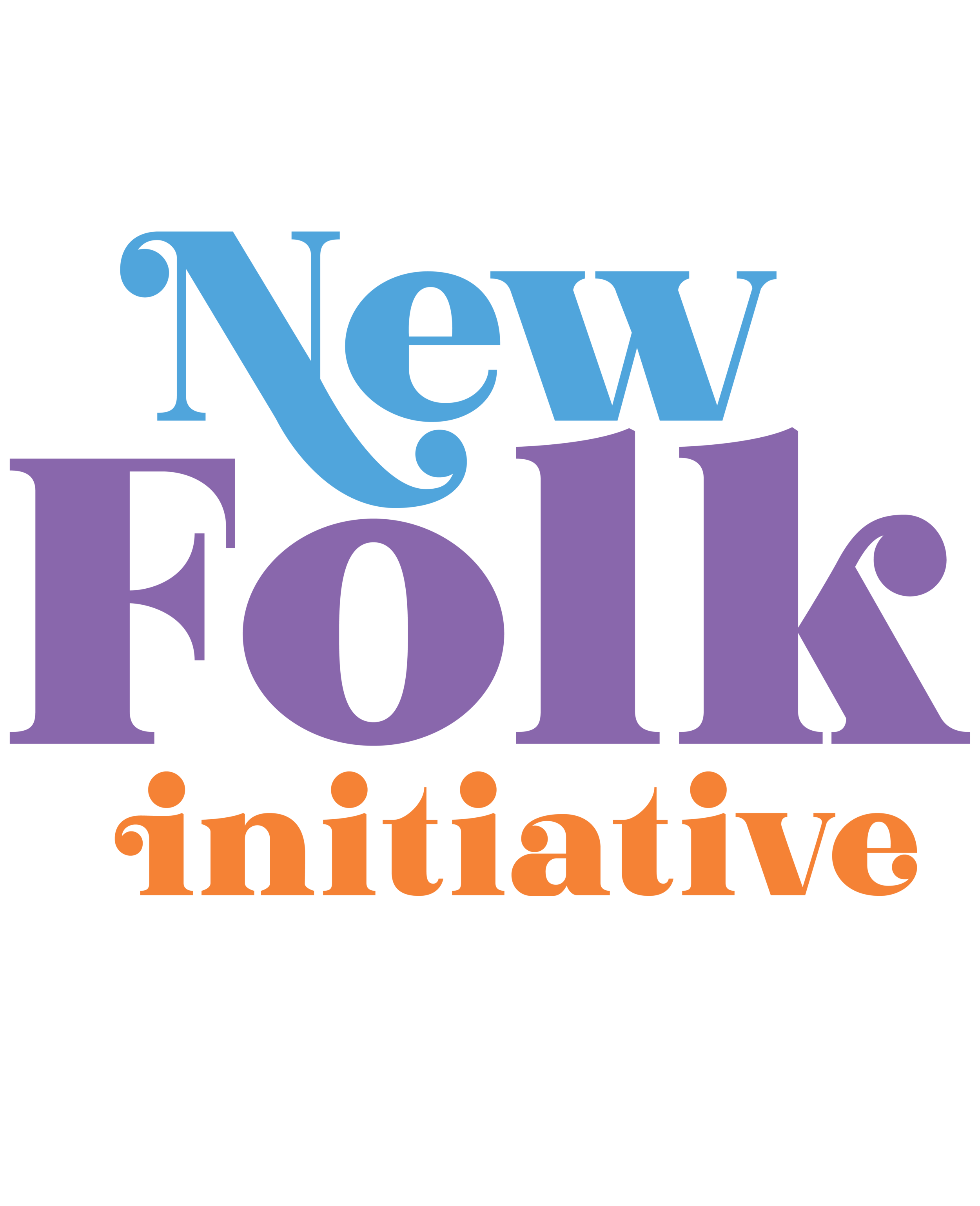Spotlight Album Review: Allison Russell "Outside Child"
When I heard Allison Russell’s voice on the first Birds of Chicago album in 2012, I knew she had a special voice. When Rhiannon Giddens recruited her (along with Amethyst Kiah and Leyla McCalla) for Our Native Daughters, she lent her voice to a sisterhood focused on empowering women through roots music. Now, though, Allison, a woman of mixed race and complicated background, has truly found her voice in her first solo album, Outside Child. It has taken her artistically and personally to a whole new place and made me how realize how much more I had yet to discover.
The album has earned raves: she’s been profiled in the New York Times and on All Things Considered, interviewed in No Depression, performed on Jimmy Kimmel Live (where she was joined by her champion Brandi Carlile) and nominated for an Americana Music Award as Emerging Act of the Year. Humbly I submit it as the New Folk Initiative Spotlight Album of the month.
On Outside Child Allison dares to reveal, in her songs and notes on the album, some of the trauma she suffered from years of sexual abuse at the hands of her adoptive father. But rather than being beaten down, Allison says it’s “about resilience, survival, transcendence, the redemptive power of art, community, connection, and chosen family.”
Or as Jon Pareles put it in the Times, “Throughout the album, she also sings about deliverance and redemption, about the places and people and realizations that helped her survive and claim her freedom. It’s an album of strength and affirmation, not victimization.”
Outside Child was produced by Dan Knobler in Nashville, where Allison and husband JT Nero moved several years ago. With Allison on banjo and clarinet, JT on guitar, and Knobler on a variety of instruments, the album takes advantage of other talent in the city, including Yola and the McCrary Sisters.
The album begins quietly with “Montreal,” a love letter to her “wondrous hometown.” As a teenage runaway she believes “in many ways the City herself protected me.” Sung partially in French, the song has an Edith Piaf quality. “4th Day of Prayer” is the most explicit account of her stepfather’s abuse:
Father used me like a wife
Mother turned the blindest eye
Stole my body, spirit, pride
He did he did each night
She describes “Persephone” as “an homage to my first love,” a fellow 15-year-old whose “dark basement was a refuge and an oasis.” Eventually, she had to move away, becoming “The Runner” (a song which rocks, thanks to harmony vocals from Yola). She escaped to Vancouver, where she was “deeply despairing, suicidal, self-harming - and then music saved me” (forming Po’ Girl with Trish Klein). One of the more striking songs is “All of the Women,” based on her work as a mental health worker dealing with women at risk in Vancouver. With both English and French lyrics and vocals by the McCray Sisters, it has the feel of a spiritual.
The traditions of her family and culture provide some solace, or at least perspective, for Allison, whose mother was Scottish-Canadian and birth father Grenadian. Her song “Quashaba, Quashaba,” recorded by Our Native Daughters, about an enslaved Ghanian ancestor transported to Grenada, was an indication of that. On Outside Child “Hy-Brasil” invokes ancient Irish myths and considers the journeys of her grandmother and great-grandmother. “Though I drowned for ten years, I’m still rising,” she sings, “Stronger for my pain and suffering.” And one of the standout tracks, “Nightflyer” creates a litany with a soulful groove:
I’m the wounded bird, I’m the screaming hawk
I’m the one who can’t be counted out
I’m the dove thrown into battle
I can roll and shake and rattle hmmm mmm
In a note to the song Allison writes, “The burden and the balm of our lineages that we all carry. We all come from long lines of survivors. I believe my Ancestors must have been protecting me all along. And now my daughter carries their strength…”
The last three tracks, all containing both English and French lyrics, offer hope. In “Poison Arrow,” a return visit to Montreal, Allison sings, “Go in peace, be not afraid.” “Little Rebirth” is virtually a cappella, with a very spare banjo accompaniment. And “Joyful Motherfuckers” is profanely and profoundly grateful to JT and others who have helped her through: “Grandma told me love will always conquer hate.”
In the extensive notes to the album, Allison writes, “This is my attempt at truth and reconciliation and forgiveness – a reckoning and a remembrance.” Her fearless commitment to the truth, to finding poetry through the pain, makes this deeply personal album ultimately universal.
